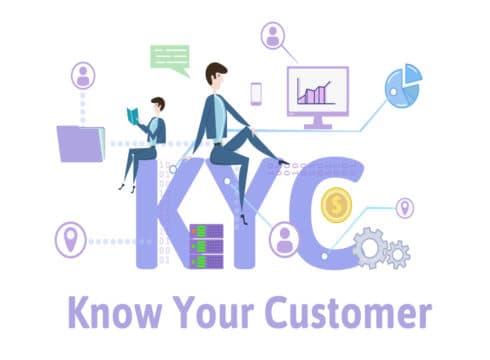Telcos can now issue only two connections a day for one ID and address proof
Telcos are further required to conduct proof of concept for new guidelines at minimum two locations
Telcos can still use offline verification tools like QR code
Inc42 Daily Brief
Stay Ahead With Daily News & Analysis on India’s Tech & Startup Economy
With the Supreme Court barring telcos from using Aadhaar as a mode for digital verification in September, the Department of Telecom (DoT) on November 6 reportedly issued new guidelines to provide telcos with another option to conduct the eKYC process.
For services such as obtaining new mobile sim cards, the digital process involves the following measures:
- Live photograph of the customer at retail outlet
- The photograph needs to be embedded in the customer acquisition form (CAF) with Telco’s watermark
- Telco’s watermark to be applied on photographs of original IDs, address proof
- In case, a customer submits Aadhaar card, then details like name, gender, etc can be auto-populated by scanning the QR Code of the Aadhaar card
- OTP confirmation from the customer
- Customer transaction ID allotment for future reference
As per the guidelines issued, telcos need to further verify the information mentioned in the CAF at the PoS. Also, a telco can sell only two connections a day for that particular ID and address proof.
“… Digital KYC process is an alternative process to the existing process of issuance of mobile connections to subscribers and shall also be applicable for outstation and foreign customers,” DoT said.
As per an EtTech report, the telecom operators have informed the telecom department about their readiness to conduct proofs of concept for the new ‘alternate digital KYC process’ at two locations, as stipulated.
This includes Bharti Airtel (Delhi and Meerut), BSNL (two locations in Telangana), Reliance Jio Infocomm (two locations in Navi Mumbai), and Vodafone Idea Ltd (Delhi and Baramati in Pune District).
On October 26, the telecom department asked operators to stop using Aadhaar for electronic verification of existing mobile phone customers as well as for issuing new connections to comply with the order of the apex court.
The Unique Identification Authority of India (UIDAI) has, however, clarified that service providers can use offline verification tools like QR code.
In another development, the tussle between telcos and over-the-Top (OTT) players is also picking up heat. While OTT players like Skype, WhatsApp, Google Duo are already working under the purview of Information Technology Act, telecom players are demanding further regulation due to a comparable nature of services being offered.
“They provide comparable services without the liabilities associated with being a licence holder. App makers have opposed the move, saying it would stifle innovation, and pointed out that they are already regulated under the Information Technology Act,” mentioned the report.
In line with this, India’s telecom regulator TRAI will meet top executives of mobile phone companies next month (December) to chalk out an action plan for 2019 and may issue a consultation paper next week.
{{#name}}{{name}}{{/name}}{{^name}}-{{/name}}
{{#description}}{{description}}...{{/description}}{{^description}}-{{/description}}
Note: We at Inc42 take our ethics very seriously. More information about it can be found here.


